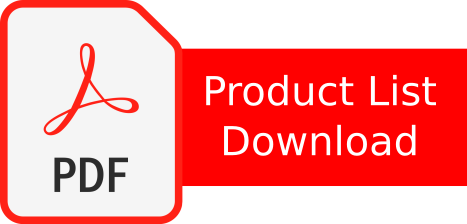Training and qualification requirements for setting up pharma business in India
To set up a pharma business in India, there are certain training and qualification requirements that need to be fulfilled. The specific requirements can vary based on the type of pharma business and the activities involved. Here are some general training and qualification aspects to consider:
1. Pharmaceutical Education: Obtaining a degree or diploma in pharmacy or pharmaceutical sciences is crucial for setting up a pharma business in India. The most common qualification is a Bachelor of Pharmacy (B.Pharm) or a Diploma in Pharmacy (D.Pharm). This educational background provides a solid foundation in pharmaceutical knowledge, including drug formulation, pharmacology, pharmaceutical chemistry, and regulatory aspects.
2. Drug License: Depending on the nature of your pharma business, you may need to obtain specific drug licenses from the Central Drugs Standard Control Organization (CDSCO) and the State Drugs Control Authority. The requirements for drug licenses can vary based on factors such as manufacturing, distribution, wholesale, retail, or import/export activities. It is essential to familiarize yourself with the specific licensing requirements and comply with the applicable regulations.
3. Good Manufacturing Practices (GMP): If your pharma business involves manufacturing activities, it is crucial to adhere to Good Manufacturing Practices (GMP) guidelines. GMP ensures that the manufacturing processes meet quality and safety standards. It is important to have a thorough understanding of GMP principles and implement them in your manufacturing facility.
4. Qualified Person (QP): A Qualified Person, as per the Drugs and Cosmetics Act, is responsible for ensuring compliance with quality standards during manufacturing, distribution, and sale of drugs. Depending on the scale and nature of your pharma business, it may be necessary to have a Qualified Person on staff who meets the qualifications and experience requirements specified by regulatory authorities.
5. Regulatory Knowledge: It is important to have a comprehensive understanding of the regulatory framework governing the pharmaceutical industry in India. Stay updated with the Drugs and Cosmetics Act, rules, and regulations issued by the CDSCO and the State Drugs Control Authority. Keep track of changes in drug registration requirements, labeling guidelines, pharmacovigilance obligations, and other regulatory aspects that impact your pharma business.
6. Sales and Marketing Training: If your pharma business involves sales and marketing activities, it is beneficial to have training in sales techniques, marketing strategies, and product promotion. This will help you effectively communicate with healthcare professionals, understand customer needs, and develop effective marketing campaigns.
7. Continuous Learning and Skill Development: The pharmaceutical industry is dynamic, and staying updated with the latest developments is crucial. Engage in continuous learning and skill development by attending industry conferences, seminars, workshops, and training programs. This will help you stay abreast of emerging trends, technologies, and regulatory changes, ensuring that your pharma business operates in compliance with current practices.
It is important to note that the specific training and qualification requirements may vary based on the activities and scope of your pharma business. It is advisable to consult with industry experts, regulatory authorities, and professional associations to ensure that you meet all the necessary requirements and obtain the appropriate licenses and certifications to establish and operate your pharma business in India.


